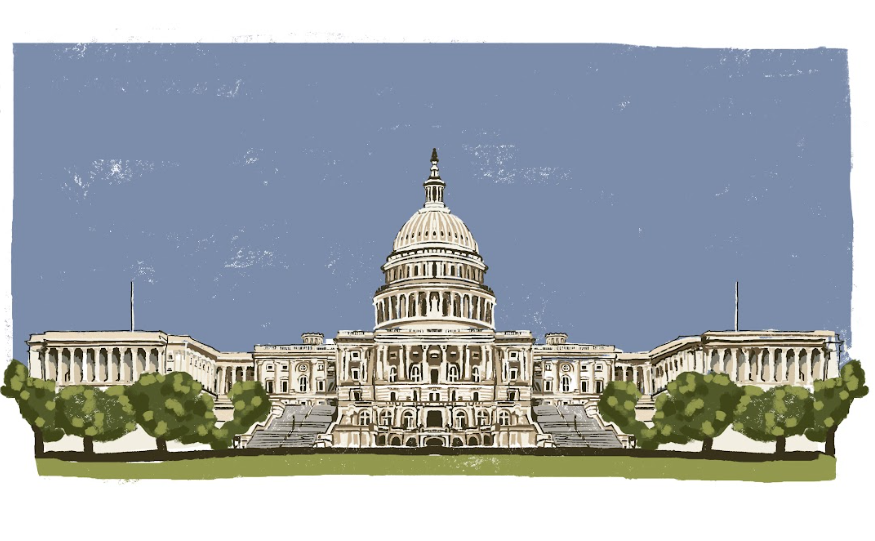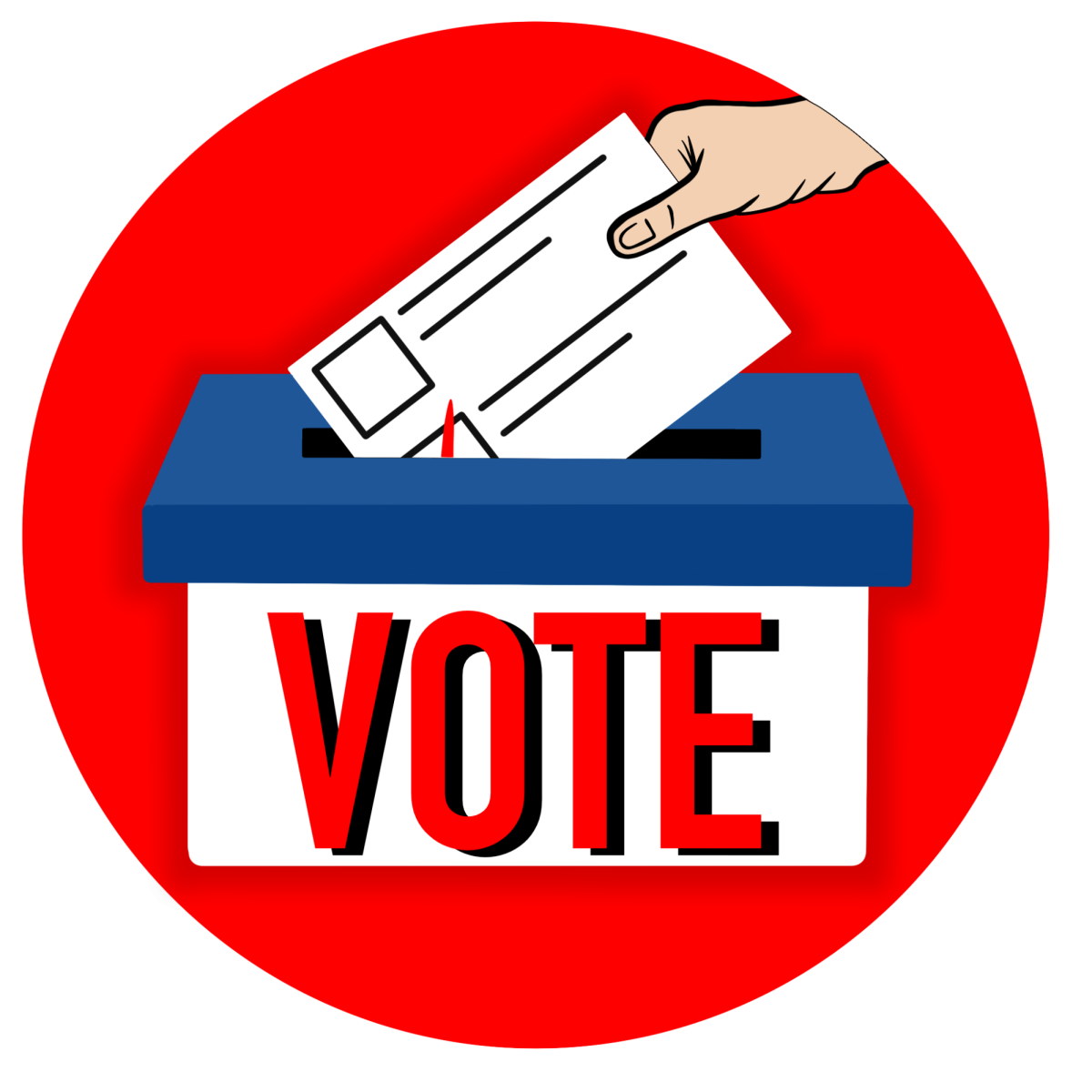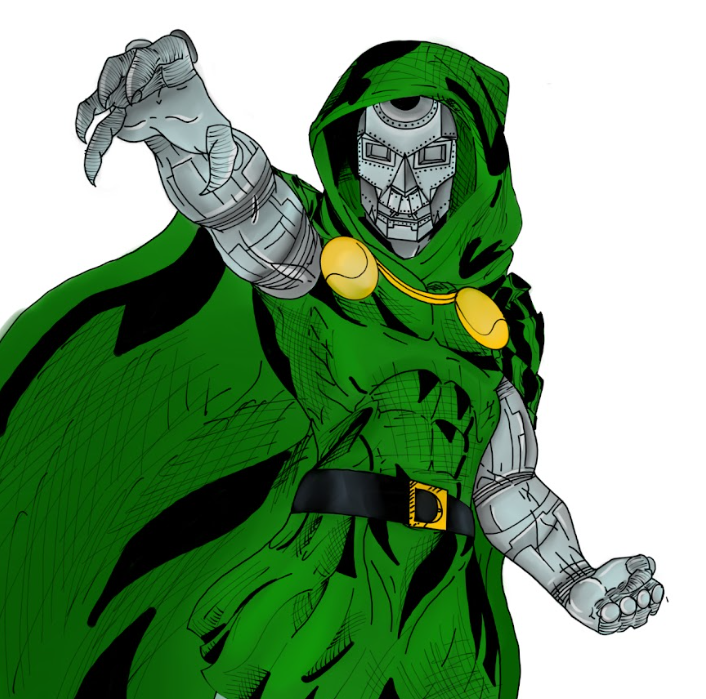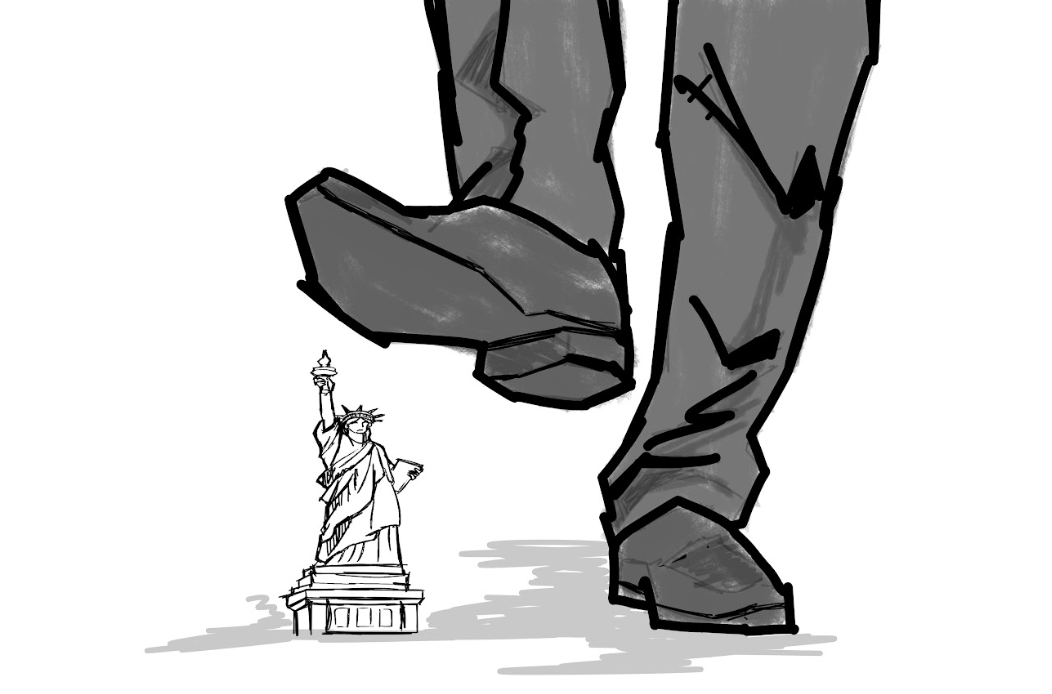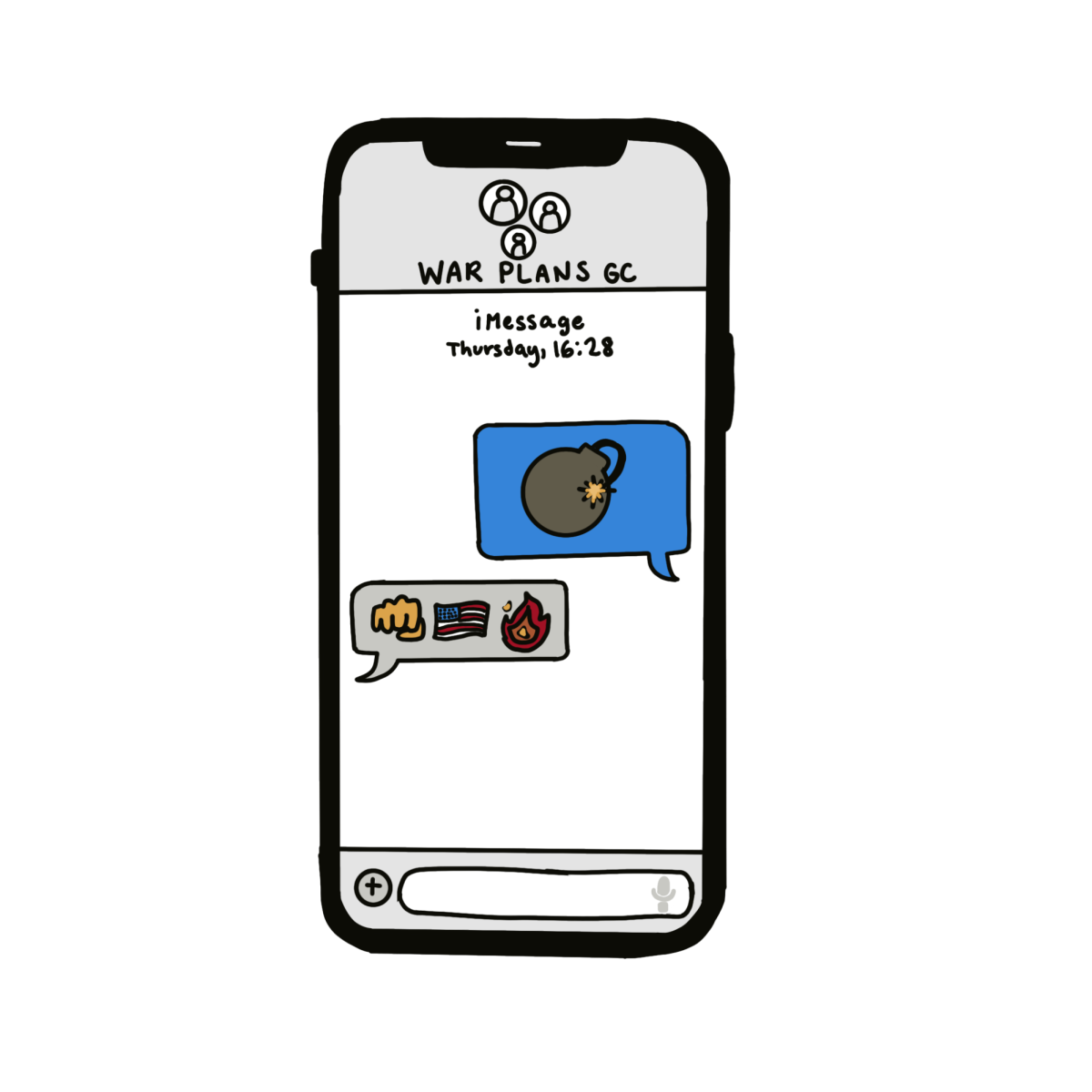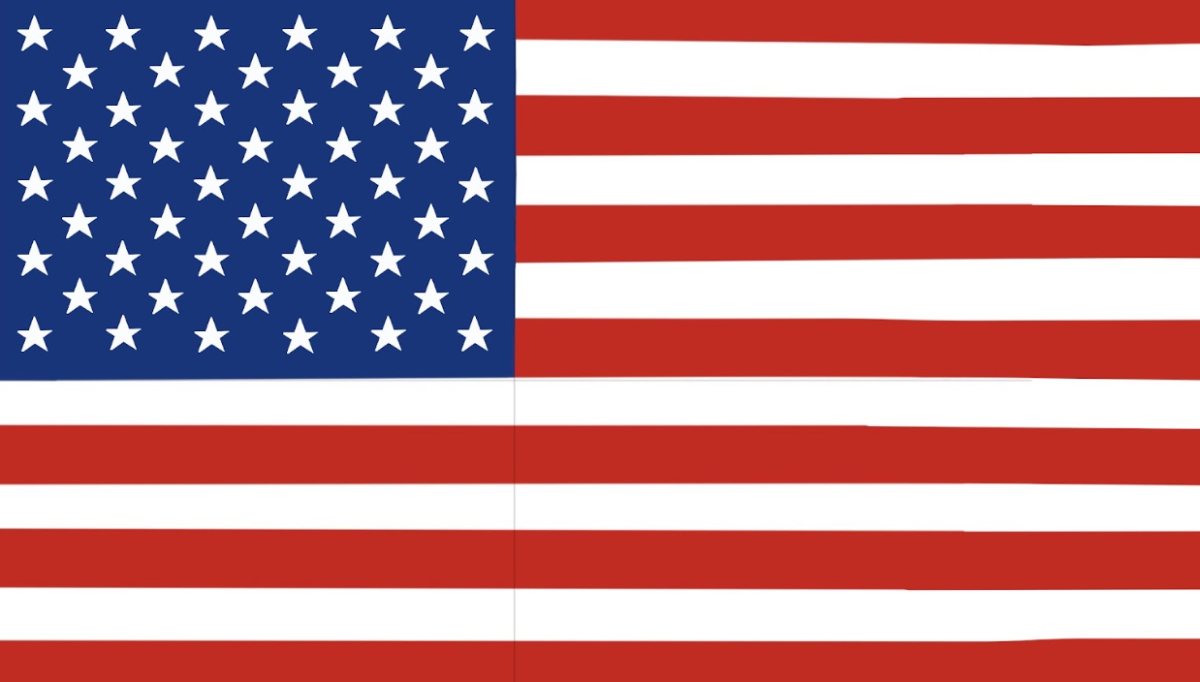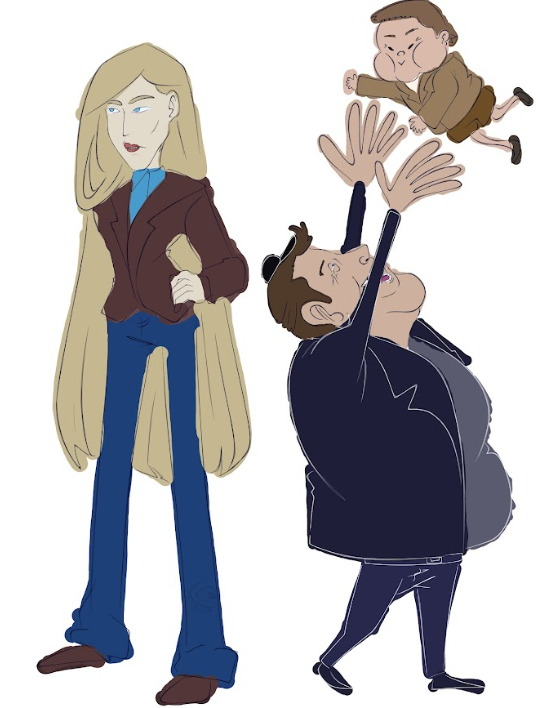In the National Labor Relations Board’s (NLRB) unanimous Aug. 17 decision that sacked the Northwestern football player’s attempt at unionization, the NLRB dodged the question of whether or not football players on athletic scholarships should be paid employees under the National Labor Relations Act. The decision vacates a ruling sent down last year by the NLRB’s regional director for Chicago, Peter Sung Ohr. Ohr’s verdict in 2014 allowed Northwestern players to form a union and, therefore, to be seen as employees at the university.
For years, college athletes have been working for free. The NCAA has gotten away with not paying its athletes, despite the amount of money the NCAA generates yearly, because it has constantly argued that student-athletes shouldn’t receive salaries.
The University of Texas at Austin’s athletic department generates $164 million in revenue; The University of Wisconsin’s generates about $149.1 million; The University of Alabama’s generates $143 million. The NCAA makes $6 billion annually off their players’ performances.
Is $6 billion not enough money for the NCAA to provide its athletes with some form of compensation? A way for them to have access to health insurance, so that they have treatment for the concussions that also happen at the college level?
Is it okay that the NCAA can utilize the names and likenesses of its players on jerseys and video games to make money, but the players do not get to see one cent of that revenue?
Of course not. These players put their bodies at risk for the universities and do not receive any type of official monetary compensation. The players are the reason fans buy tickets to games, watch their favorite team on TV and purchase the merchandise. The players should have a share in those earnings.
NCAA president Mark Emmert also argues that, “It would undermine the purpose of college: an education. Student-athletes are not employees, and their participation in college sports is voluntary.”
Of course college sports are voluntary; I’ll give the NCAA that. But to say that student-athletes shouldn’t receive salaries because it would, in some way, undermine the purpose of college is wrong. These players can still receive an education and also be paid for their efforts as athletes. The purpose of college? An education. That “education” gets watered down when college athletes spend most of their time practicing and attending games. According to an NCAA poll, college athletes spend more than 40 hours a week in uniform. So, therefore, some of these athletes have little time to study for their classes because most of their attention is going toward sports, causing their grades to suffer. And even if they do pass a specific class, have they really learned anything from that course? If these players, who devote most of their time to mandatory practices, work outs and games are suffering academically. Are they not more employees at the school than they are students at the school?
The NCAA loves bringing up the fact that these student-athletes are first and foremost students and that is the reason why they shouldn’t be paid.
But if that is the reason, then why not just have intramurals for the many different sports on campus? Or as comedian John Oliver said regarding this topic, “If it is really all about the romance of amateurism, that’s fine. Give up the sponsorships and the TV deals, stop paying the coaches and have teams run by an asthmatic anthropology professor with a whistle.”



